A top World Health Organization (WHO) official denied advising the International Olympic Committee or Japanese officials against delaying or canceling the 2020 Olympics.
“We have not offered advice to the IOC for the Olympics one way or another and neither would we,” Dr. Mike Ryan, head of the WHO’s emergencies committee, told reporters in Geneva on Feb. 14.
“It is not the role of WHO to call off or not call off any event,” he said.
The Summer Olympics is set to take place in Tokyo starting on July 24. A host of major events have been canceled or seen small crowds in recent weeks, including a Formula One race and the World Mobile Congress, due to the international health crisis caused by the outbreak of the new coronavirus.
Japan has the second-highest number of cases in the world outside China, where COVID-19 first appeared in December 2019. One of only two deaths confirmed outside China took place in Japan this week. A number of questions about the virus have yet to be resolved, including questions about its origin, its severity index, and its transmissibility.
John Coates, the head of an IOC inspection team, told reporters earlier Friday that WHO did advise the committee.
“Certainly the advice we’re received externally from the WHO is that there’s no case for any contingency plans or cancelling the games or moving the games,” he said in Tokyo.
The WHO’s Ryan said that the organization’s role is to offer technical advice and support a multi-layered risk assessment around events, something they'd continue to do “for each and event event that is of interest.”
“It is the decision of hosting countries and organizing agencies to make a decision,” he added of the Olympics.
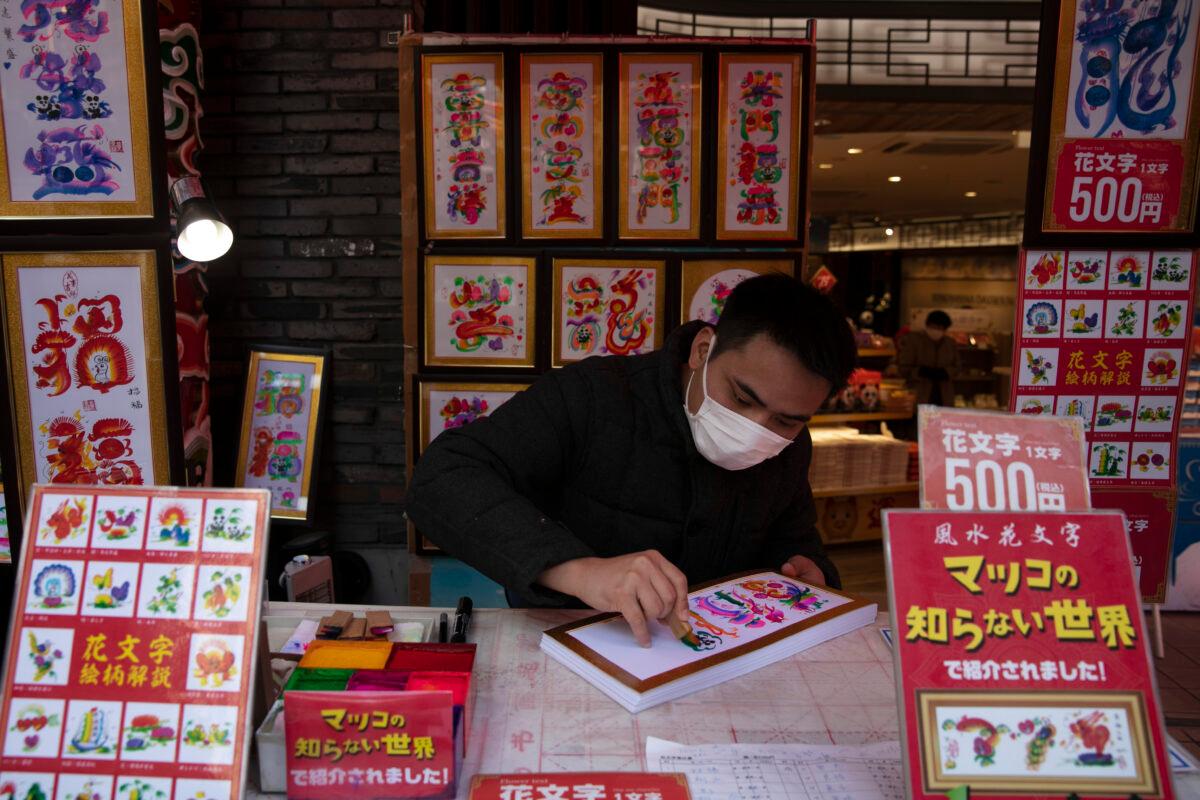
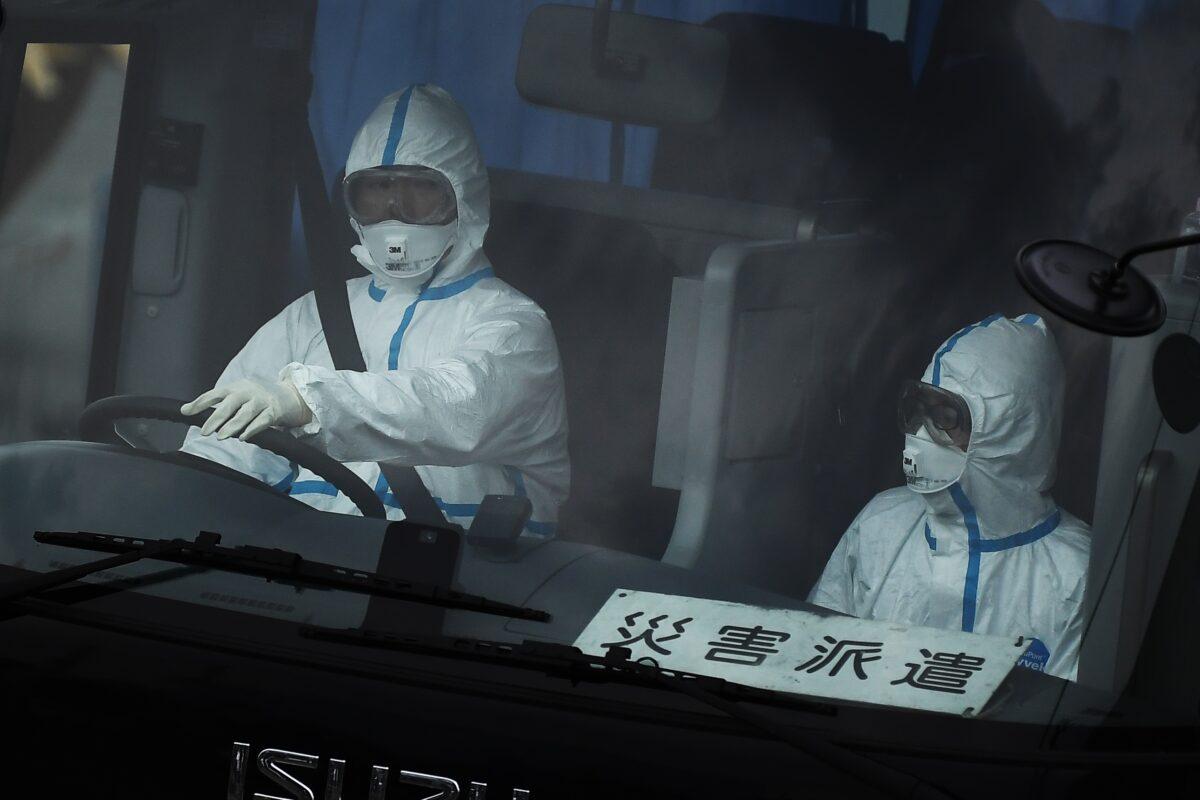
Tokyo Olympic organizers said Thursday at the start of two days of meetings with the committee that the virus wouldn’t derail the Olympics.
“I would like to make it clear again that we are not considering a cancellation or postponement of the games. Let me make that clear,” organizing committee president Yoshiro Mori said, speaking through an interpreter to dozens of top IOC officials gathered in Tokyo.
While the games are still five months away, the torch relay is set to begin next month in Japan.
Last week Toshiro Muto, the CEO of the Tokyo organizing committee, said he was “seriously worried that the spread of the infectious disease could throw cold water on the momentum toward the games.”
He backed down a day later and said he was confident the games would go forward.
Coates said Friday he was 100 percent confident the Tokyo Olympics would go on as scheduled. He talked positively about keeping a close watch on Chinese athletes, and talked optimistically about their eventual presence in Tokyo, where they would probably field a team of 600 athletes—one of the largest delegations.
Others away from the Olympic circle are uncertain what course the virus outbreak will take.
“Frankly speaking, there is no guarantee that the outbreak will come to an end before the Olympics because we have no scientific basis to be able to say that,” Shigeru Omi, a former regional director of the WHO and an infectious disease expert from Japan, said Thursday.
“So it is meaningless to predict a timing when it may come to an end,“ he added. ”We should assume that the virus has already been spreading in Japan.”
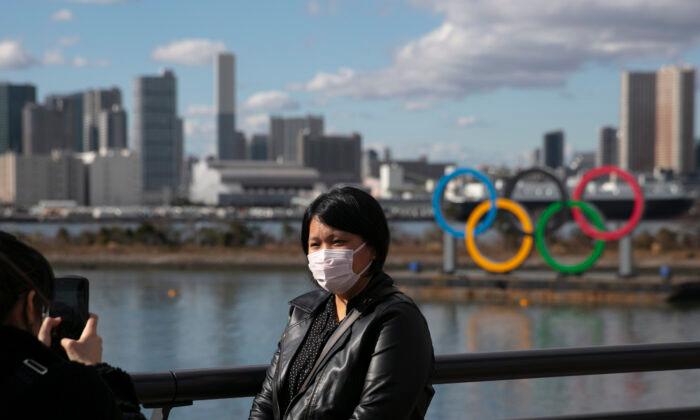

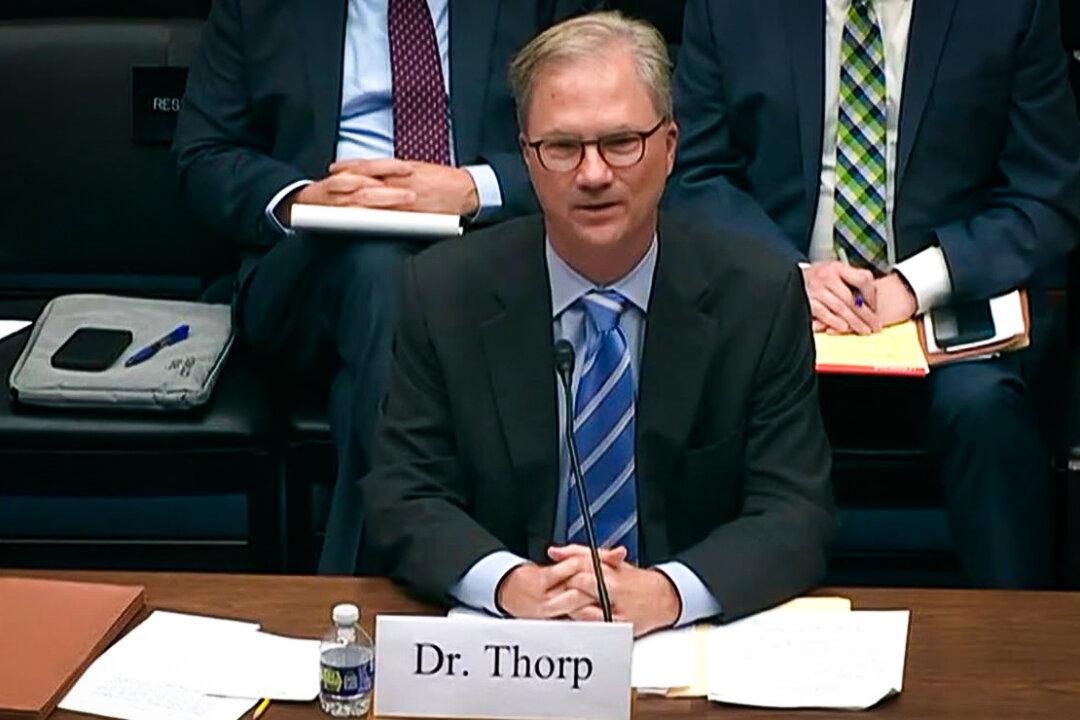

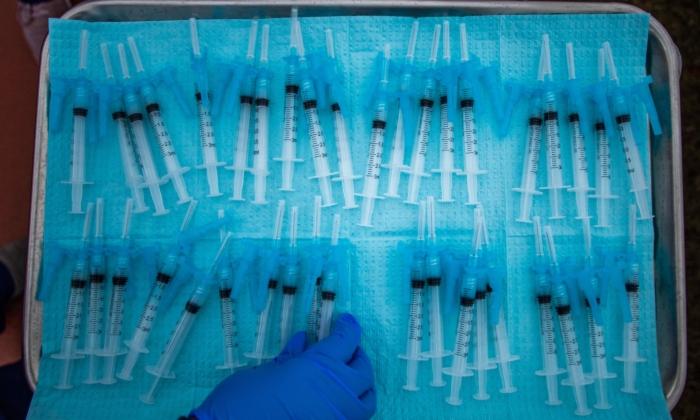
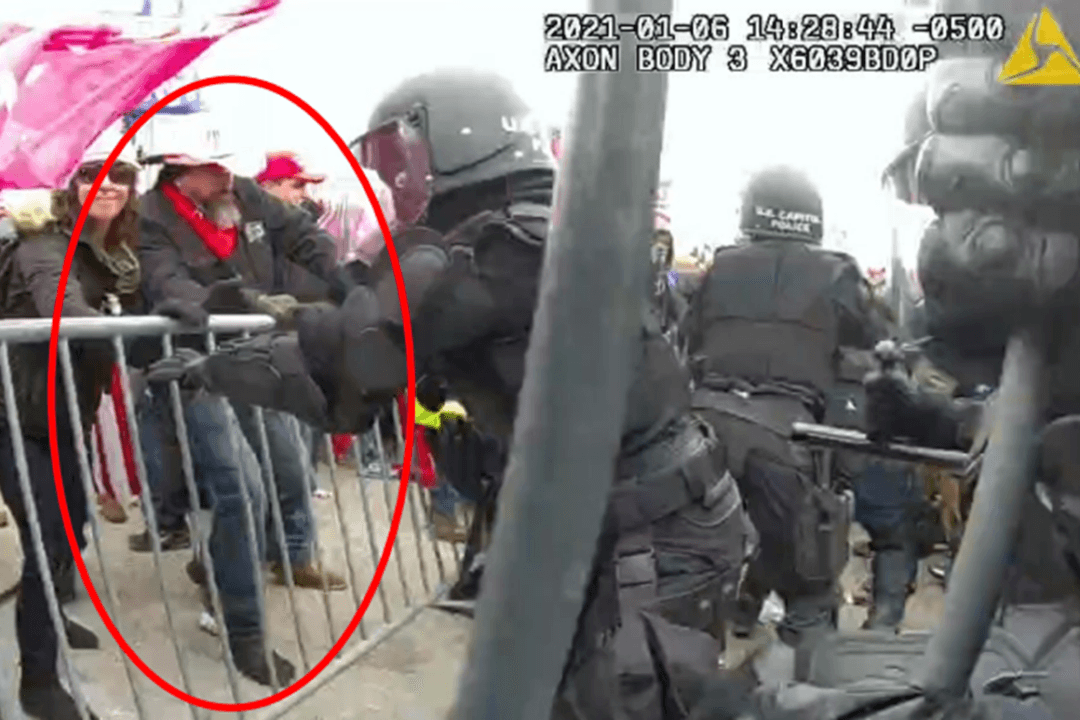
Friends Read Free